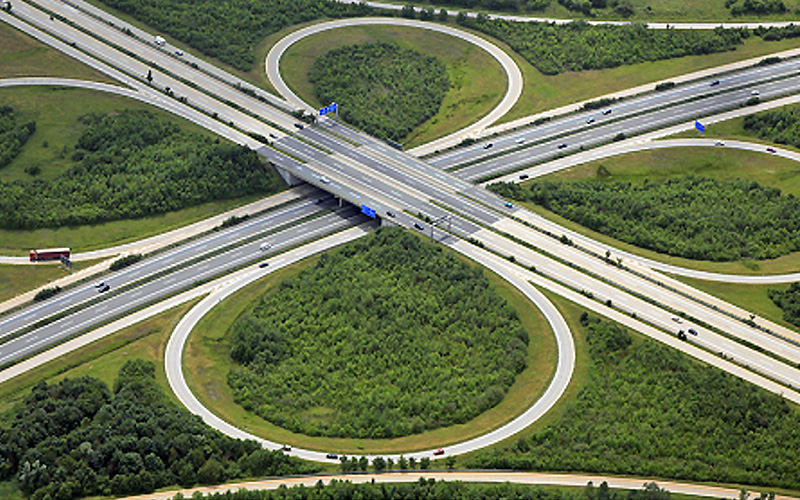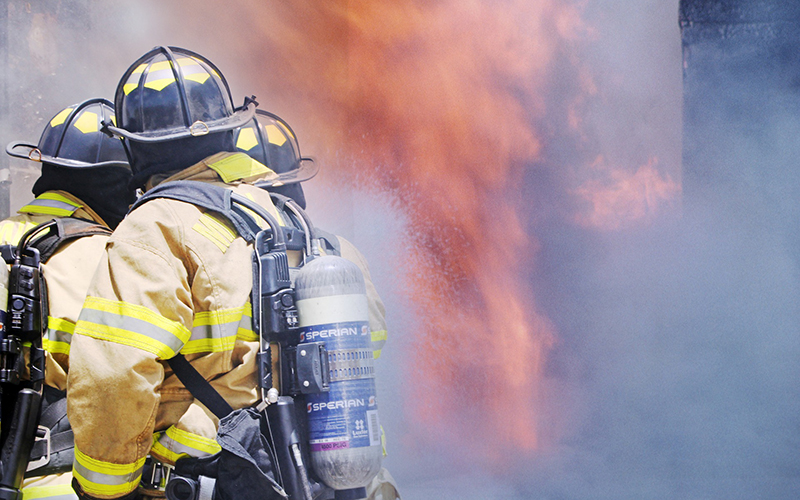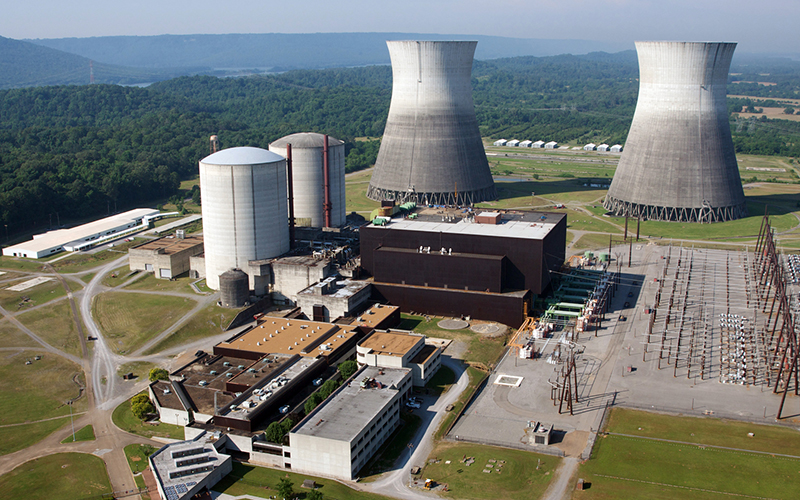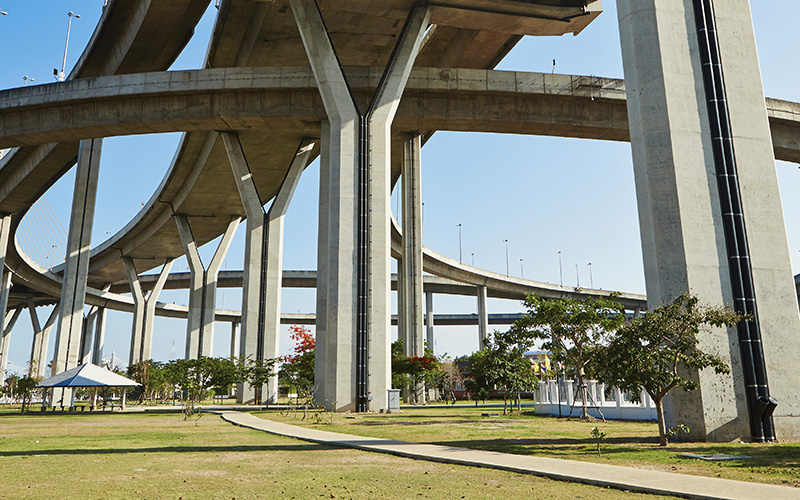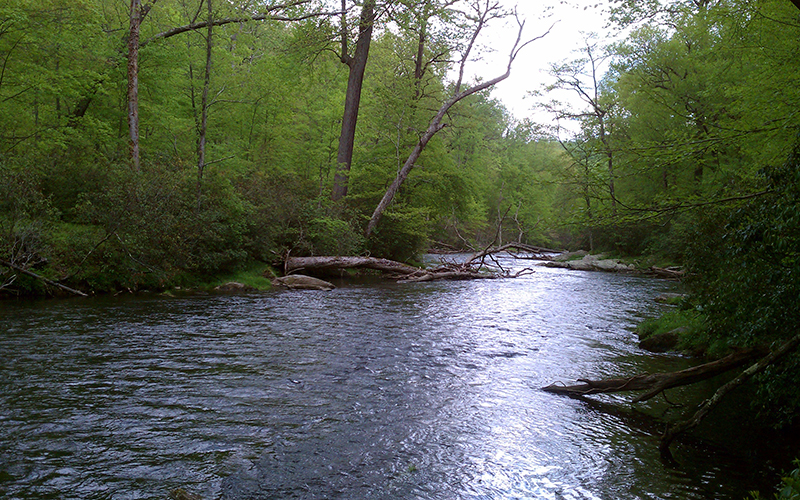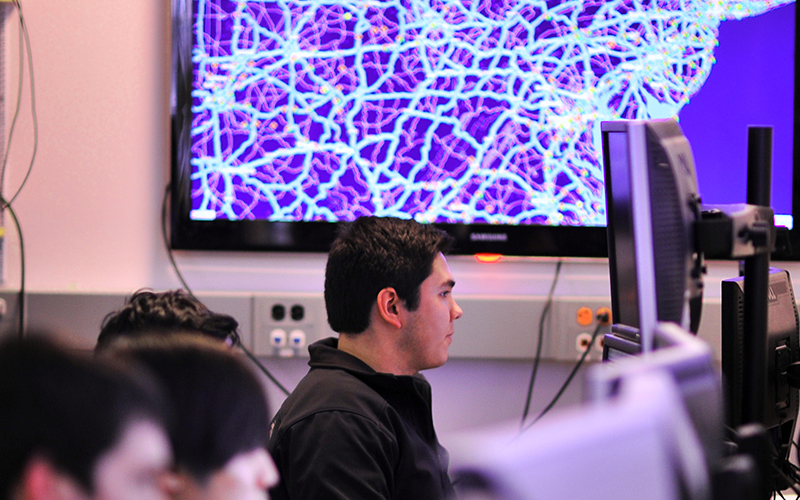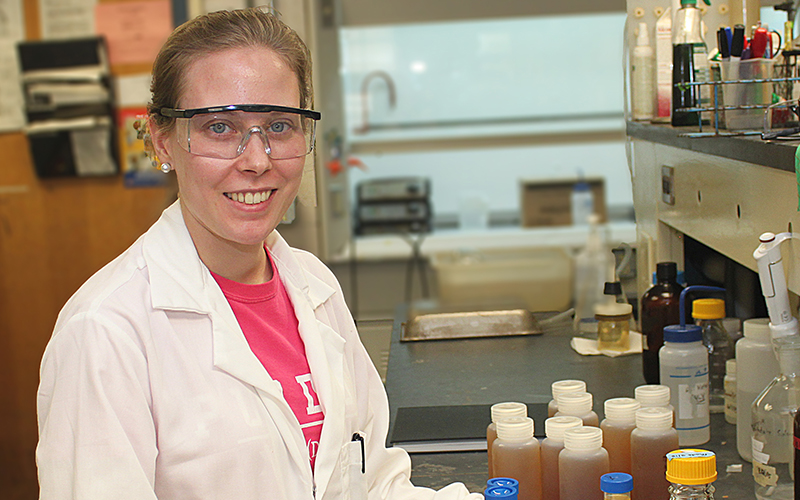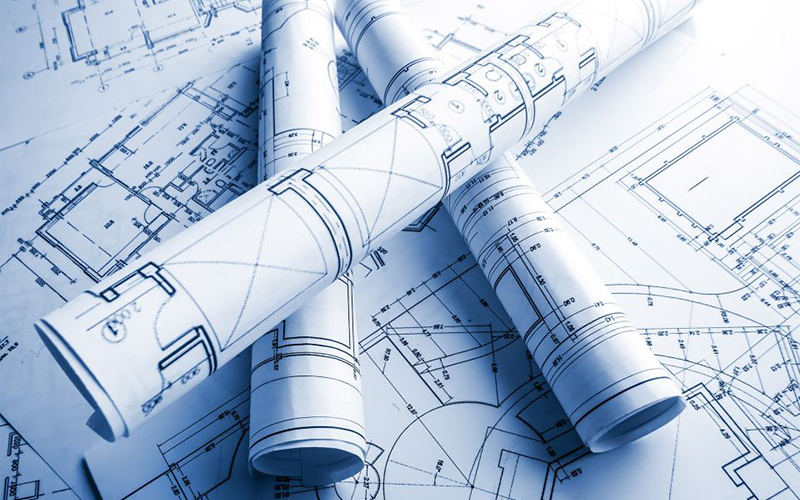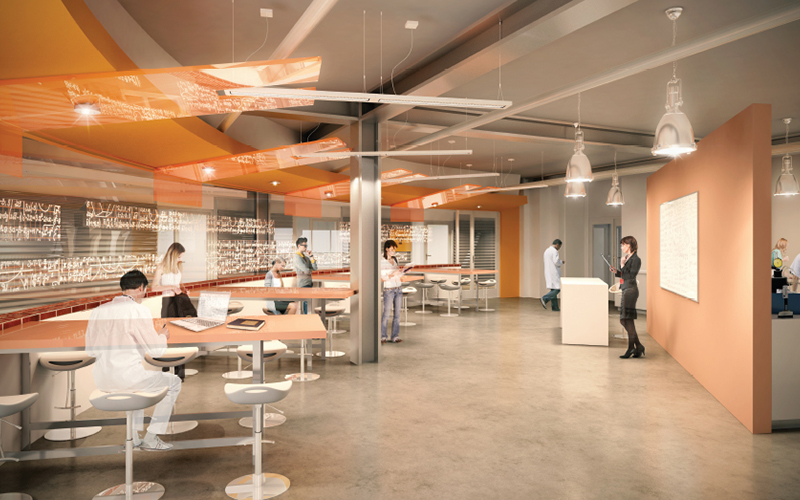Institutes, Centers & Labs
Institutes
Maryland Transportation Institute
The Maryland Transportation Institute is a catalyst for high-caliber transportation research, innovation, and technology transfer. With internationally leading experts in engineering, planning, data science, human computer interaction, logistics, social sciences, public policy, public health, and sustainability, the institute is uniquely positioned to unearth solutions to society’s greatest transportation challenges and fuel community and economic development.
Centers
Bridge Engineering Software and Technology Center
The Bridge Engineering Software and Technology Center was established in 1986 to develop bridge-related technology through onsite testing and laboratory projects.
Center for Advanced Transportation Technology
The Center for Advanced Transportation Technology (CATT) at the University of Maryland was created to respond to the significant changes brought about by the increasing use of advanced technologies in the transportation field. CATT provides a bridge between the intelligent transportation systems community, the information technology community, and other disciplines essential to the successful application of ITS.
Center for Disaster Resilience
The Center for Disaster Resilience assists individuals, communities, and governments in understanding and reducing the catastrophic effects of natural hazards. Specializing in interdisciplinary methods, the center can help communities integrate the complex science and engineering of risk analysis with policies, codes, and environmental protection efforts.
Center for Technology and Systems Management
The Center for Technology and Systems Management leverages the expertise of both in-house experts and external associates to offer systems engineering, project management, and robotics, automation, control, and intelligent systems capabilities to its clients. Center products increase efficiency and effectiveness, enhance reliability, reduce failure rates, and support rational decision making for cost-effective risk management.
Digital and Cyber Railway Engineering and Operations Center (DCREOC)
The Digital and Cyber Railway Engineering and Operations Center (DCREOC) supports fundamental research, applied research, and education aimed at improving the efficiency and safety of rail systems through the use of advanced technologies.
Maryland Transportation Technology Transfer Center
The Maryland Transportation Technology Transfer Center works to foster a safe, efficient, and environmentally sound surface transportation system by improving skills and increasing knowledge of the transportation workforce and decision makers.
Maryland Water Resources Research Center
The Maryland Water Resources Research Center develops new technology and more efficient methods for resolving local, state, and national water resources problems. A member of the National Institutes for Water Resources, the center trains water scientists and engineers, works with local communities, and funds research.
National Transportation Center
The National Transportation Center at the University of Maryland is one of the five national centers selected in a nationwide competition and the only one with a focus on the U.S. Department of Transportation strategic goal of "Economic Competitiveness." The center aims to promote strategic transportation policies, investments, and decisions that bring lasting and equitable economic benefits to the U.S. and its citizens.
Labs
Center for Advanced Transportation Technology Laboratory
The Center for Advanced Transportation Technology Laboratory (CATT Lab) is the largest transportation big data and data analytics center in the world. CATT Lab supports national, state, and local efforts to provide safe and efficient transportation systems through improved operations and management by means of research and development, technology implementation, training, and education. The lab's work spans many disciplines, including intelligent transportation systems, law enforcement, network security, private business, defense, and homeland security.
Environmental Engineering Laboratories
The Environmental Engineering Laboratories support analysis of environmental samples that focus on the fate and processes involved in three main areas of research: organic pollutants, inorganic pollutants, and environmental microbiology. Affiliated projects support the idea that fundamental environmental research will serve as the basis for solving daunting challenges faced by future generations.
Structural Engineering Laboratory
The Structural Engineering Laboratory is a fully-equipped, state-of-the-art space for structures testing and developing advanced sensor and innovative damping technology on relatively large-scale civil and aerospace structures.
Traffic Safety and Operations Lab
The Traffic Safety and Operations Laboratory primarily focuses on the development and application of advanced technologies in contending with day-to-day congestion and improving traffic safety in highway networks.
Whiting-Turner Infrastructure Engineering Laboratories
The Whiting-Turner Infrastructure Engineering Laboratories are are home to top-of-the-line test equipment and a seamless design that groups structures, materials, soils, asphalt, and sample preparation areas into “dirty” and “clean” lab areas.


